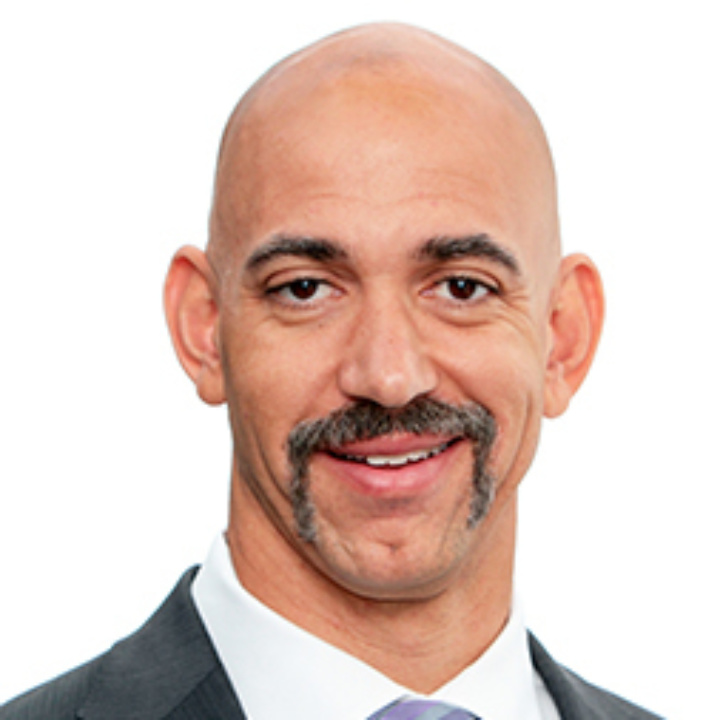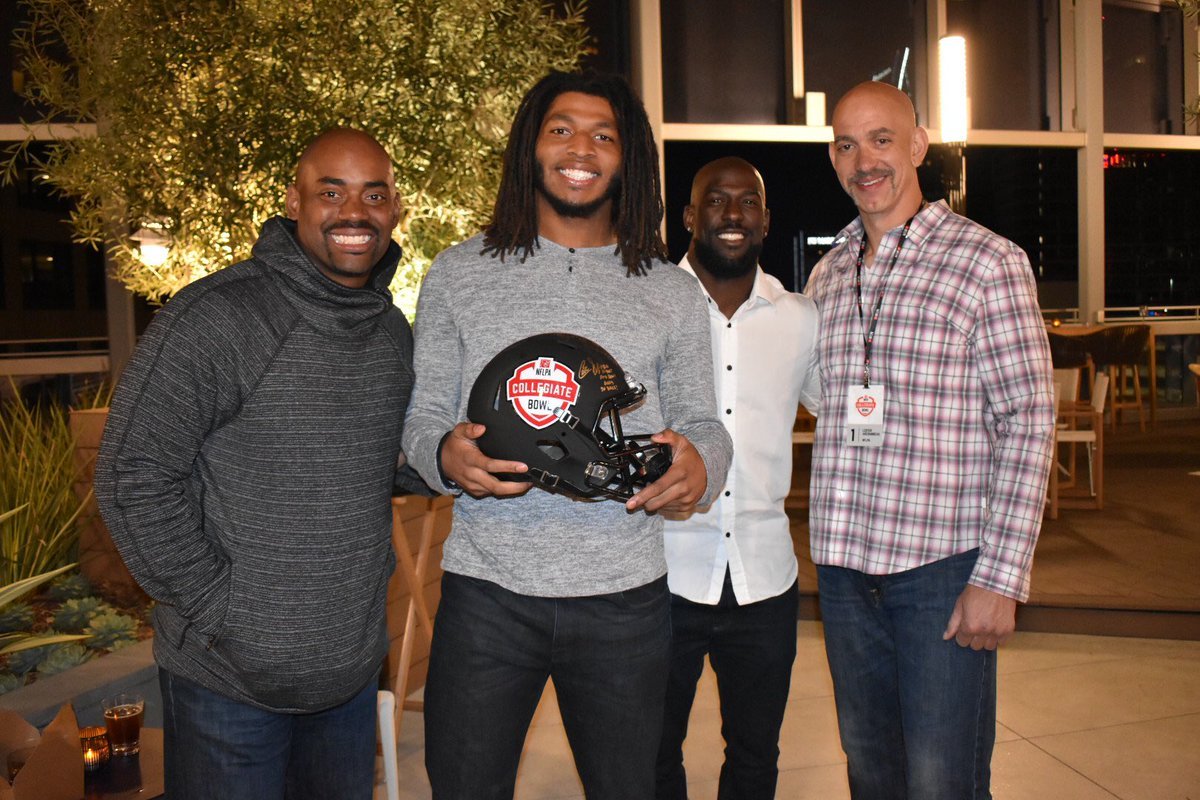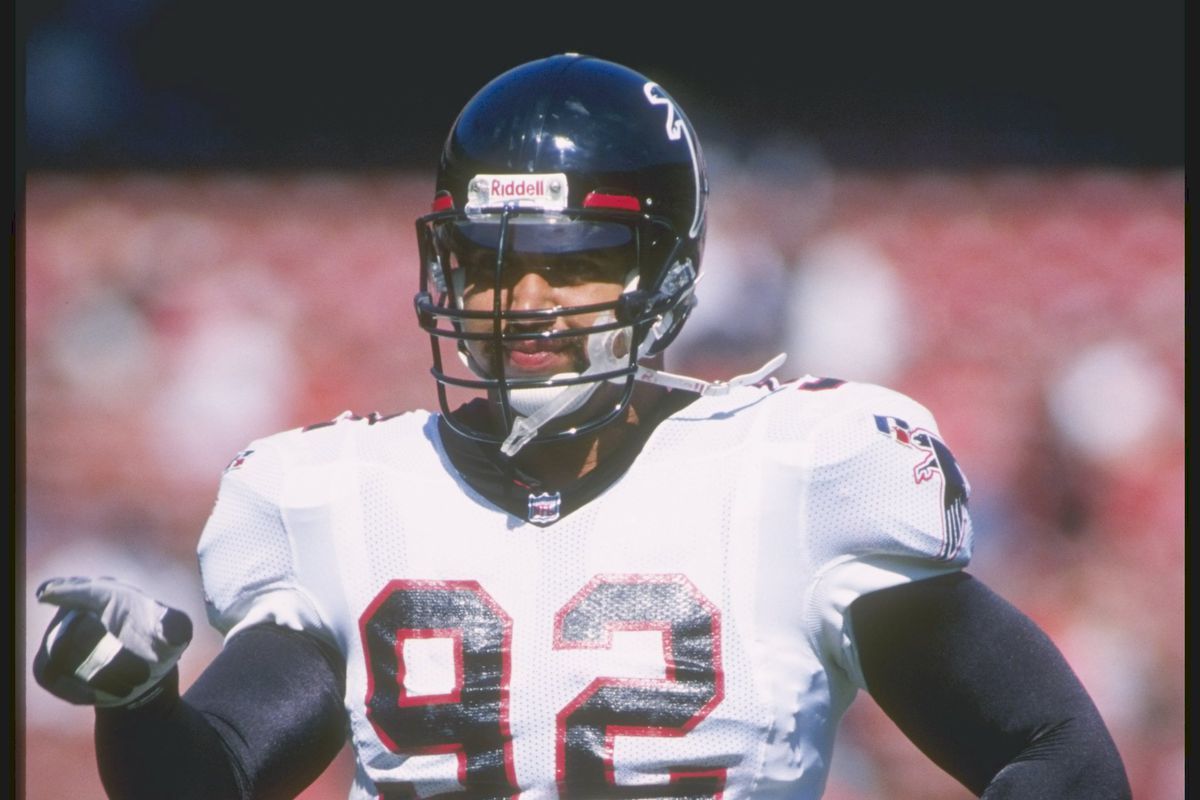
Catching Up with Former Player Rep: Lester Archambeau
We spoke to former NFLPA Player Rep, Lester Archambeau, about his career in the NFL, the experience he had transitioning from football, and how he has brought over the skills he gained during his time in the league into his career today.
What is your current career & what is your favorite part about your job and why?
I manage the Player Directors as a group, but I have seven of my own teams as of now which I find to be fantastic. It is texts and calls with the players about questions, benefits, protections, etc. During certain times of the year it is quite different from others such as training camp; my phone may be blowing up considering a player has gotten hurt and has questions on his protection and coverage. Another role I have is to keep the player directors connected to the rest of the organization as far as communication, players Inc, player services, accounting and more. I was destined to have this role with the NFLPA, from my playing days to being a Player Rep, to Executive Committee member while being a part of anything leadership. I have always had a passion to serve players. I spent almost 10 years as an agent doing the same thing, I always felt like there was not enough people with enough factual knowledge on what these players dealt with along the process of their career. The opportunity with the NFLPA was fantastic because as an agent you could only speak to specific people, but with the NFLPA I impact the entire league not just my group of individuals. Taking in consideration my leadership role, you have a larger reach and I impact more players and can guide discussions/programs. Overall, it has been an amazing process I get to be a part of while witnessing the transition of our union over the past 10 years that I have been working here. We have changed a lot, not only on the benefits side but the way we interact with players. We are now in their lives about five to seven times a year which makes a dramatic difference to these players and is very fun.
What was the transition like from football into your current career?
I was fortunate enough to play 11 years so I did football for an exceptionally long time, it was just in my blood. I had a blessing in disguise my last year with the Denver Broncos, it did not go the way I wanted it to because I can tell when was there that I was not a good fit for the team. That gave me some emotional disconnect from the sport I had always been 100 % in on the sport due to it being my job and life. That experience got my attention considering my age and it mentally prepared to me start disengaging from football. I personally was mentally prepared for that call, so it was no surprise or shock which was great on my end. I always had an idea that I wanted to be an agent which my current agent at the time asked if I wanted to shadow him and help him recruit which suited me very well. Being able to talk about football and still feeling connected to the sport but knowing I was not in the sport is what made my transition smoother.

Do you have any advice for those currently playing trying to figure out their next career step or debating on retirement?
There is a reality that players need to hang their head on; being told our entire lives to be focused and stay 100% committed to football is the only way you can survive and get it done. That is not true, and our athletes today do not need to have that mindset. From a union standpoint we fought for them to not have to be this way, so that you can focus on your future and be that developing entrepreneur and look more into the business world and see what opportunities are out there. One of the best things I heard from players is on Tuesday’s, which are their days off, they are having those informal interviews, shadowing, and meetings with people to find their second passion which makes their transition smoother when the time comes.
How important is having a stable mindset during the process of transition?
I have always been 100% committed to football and everything that I had needed to be, but the reality of it was I was not the best athlete or the most gifted. So I was going to have to work hard to stay in the league and this was my mentality on how I stayed committed to the game. However, things off the field such as my family, things such as showing up for my children meant a lot to me. I have been very well supported by my wife she is my best friend and has allowed me to talk to her about everything and having that dedicated support system from her was great. In addition, my agent was always fantastic throughout the process. Others said once you’re done with the game you will not receive those calls and texts anymore, unsurprisingly I have known him for 11 years and to this day he still calls and texts me which means a lot.

What is the biggest lesson you took away from football? And how you apply it to your current career?
The biggest lesson is that you really must be your own best friend in a judgmental way. I was being overly critical on myself when it came to the sport, based on how I played each game. Sometimes you really need to figure out what those strengths are that you have. Once you figure those out it is really that affirmation of you being capable and not letting someone tell you that you are not capable of something and what you can/cannot do.
What is one piece of advice you wish you had known during your transition that you know now?
Realizing that being vulnerable and not having the answering is okay; which is something that weighed on me. The other piece is talk to people; there are a lot of human being on this planet and it is rare that you will find something that nobody has ever dealt with. This can be in both a positive or negative connotation, but just the willingness to talk and be open with someone you know ties into vulnerability. This ties into that locker room experience as well because it gave us a sense of connectedness of a singular goal. It still exists now, you just have to find those that are in the mindset along with you and you can only do that by talking to people.